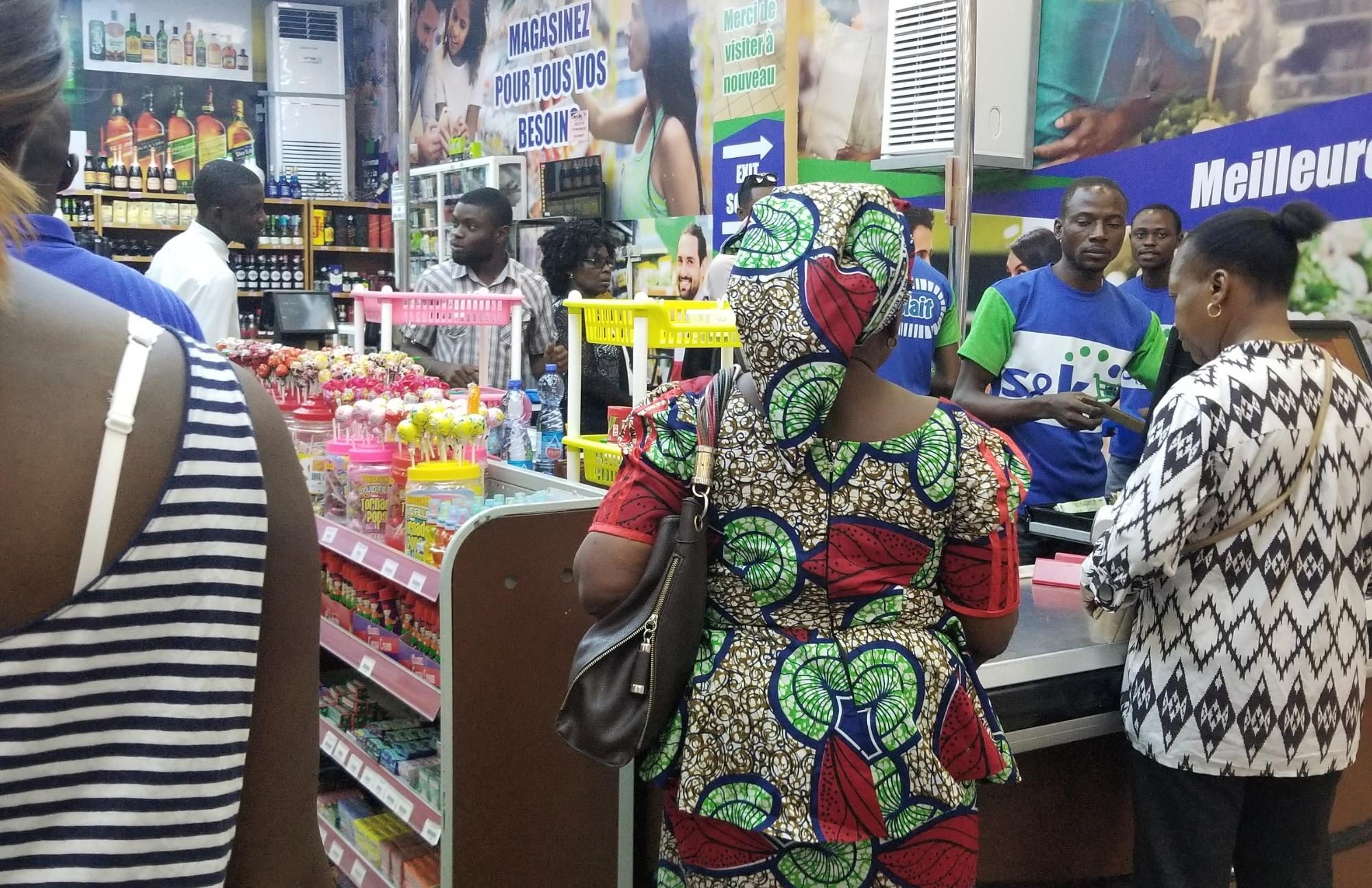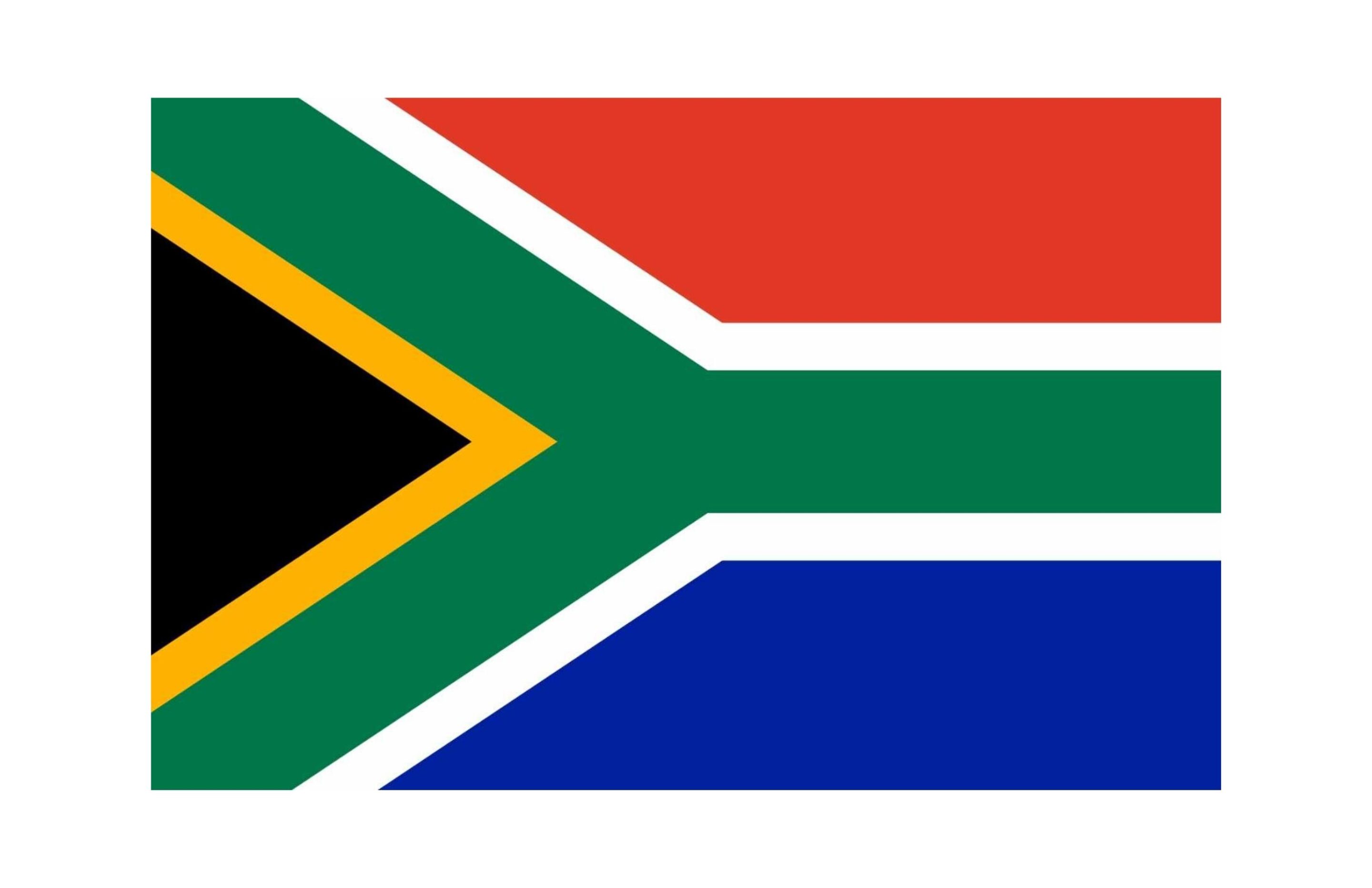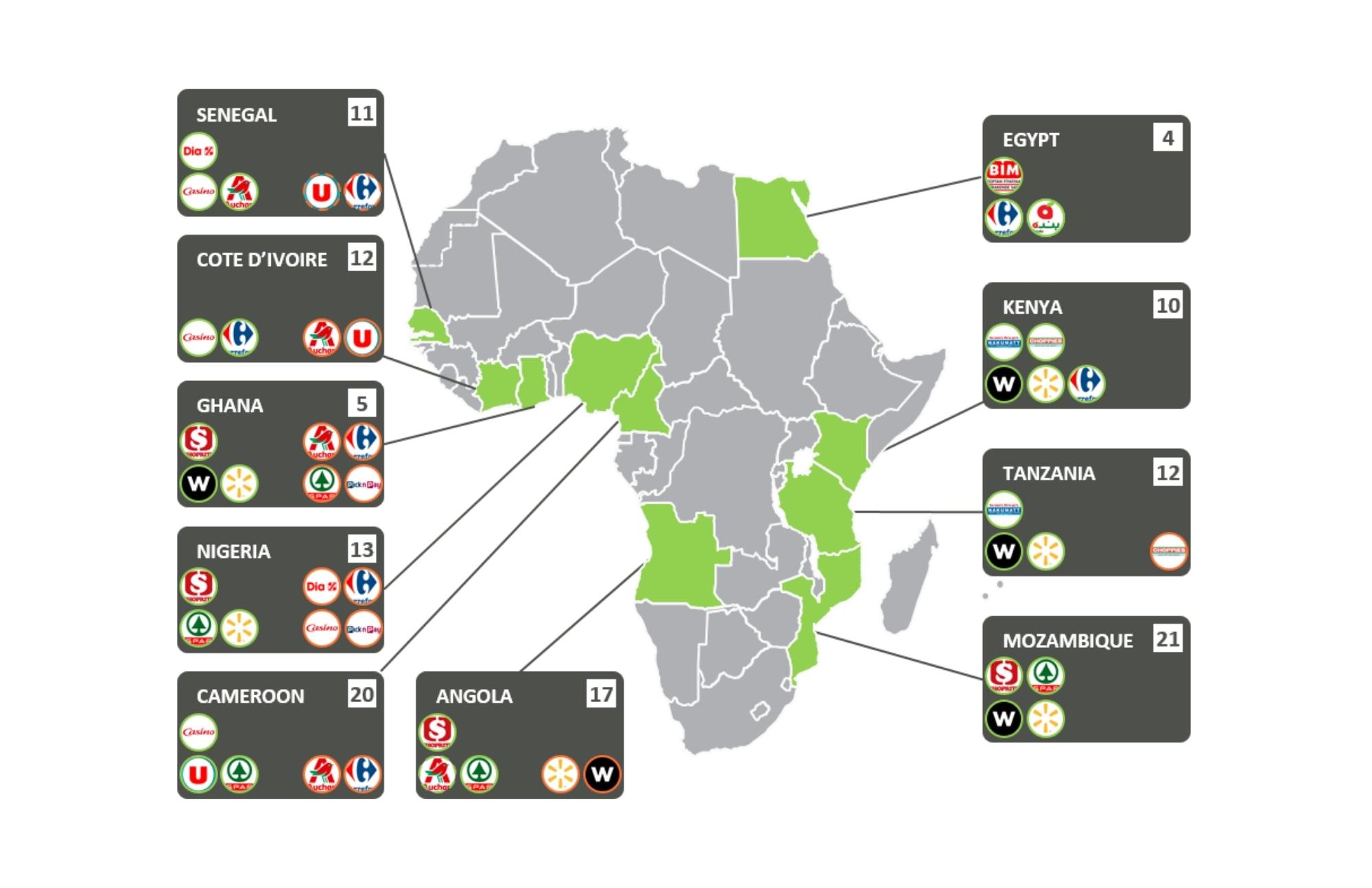The Tanzanian Central Bank is buying gold
On Monday September 25th 2023 the Central Bank of Tanzania released a public notice announcing the start of its “domestic gold buying programme”. The Friday before, Central Bank president Emmanuel Tutuba had already confirmed announced that the Bank had bought and sold 418kg of gold. The Bank now wants to buy six tonnes of gold by the end of 2023r, paying for it exclusively in Tanzanian Shilling. The gold buying programme aims to increase the Bank’s reserves and at the same time diversifying them, to shift from a US Dollars-only foreign reserve system to one combining gold and dollars.
Foreign exchange shortages in Tanzania?
In its August 2023 Economic Review, the Central Bank of Tanzania deemed its international reserves as “adequate”. They amounted to US$5.247bn as of late July 2023, which corresponds to 4.7 months of imports. While it represents a “slight” decrease compared to their July 2022 level, it is still above the Bank’s own threshold of four months or the East African Community benchmark of four and a half months.
At the same time, the Tanzanian Shilling, has depreciated slightly: one US Dollar was worth TZS2,496.5 on the 1st September 2023, compared with TZS2,323.1 one year earlier. Meanwhile, Tanzania’s latest (April 2023) debt risk assessment by the IMF concluded Tanzania’s debt risk was “moderate”.
While those numbers show a negative trend, they are still not bad at all compared with many other African countries. For example, in Kenya, international reserves amount to roughly three months and a half of imports (after falling below the “safe” level of four months in November 2022), and the Kenyan Shilling has lost roughly 21% of its value to the US Dollar from September 2022 to September 2023. From a macroeconomic perspective, Tanzania is currently the best-performing East African country.
Avoiding an FX crisis
Looking at the numbers, it seems the Tanzanian government is not so much facing a foreign exchange crisis as it is trying to avoid one.
The global economic crisis that started with the COVID-19 crisis and accelerated with the invasion of Ukraine is now in its fourth year. Tanzania has so far resisted a crisis with some success. COVID-19 mobility restrictions were very light and less impact on the Tanzanian economy than they did in many other markets.
At the same time, its mining sector has performed well in the context of rising prices. However, as the global macroeconomic crisis has persisted, Tanzania is experiencing more difficulties. Commodity prices are still far above their pre-crisis level, which is straining the country’s public finances. For the Tanzanian government, the challenge is now to prevent the situation from deteriorating any further.
A limited solution
In late May 2023, the Tanzanian Central Bank adopted a series of new regulations about foreign exchange: large foreign exchange transactions (over $1m) must respect an interbank price bank overseen by the Central Bank. New administrative controls and restrictions have been added for smaller transactions. The aim of those measures was to “foster macroeconomic stability and safeguard the stability of the financial system”. The gold buying programme represents an additional step toward that goal of macroeconomic stability, with the Tanzanian government trying to consolidate its reserves.
Its impact will be limited. While describing its fx reserves as adequate, the latest Central Bank report also acknowledged Tanzania’s foreign exchange inflows were fully absorbed by its rising import bill: over the first five months of 2023, the Bank has recorded a trade deficit of $1.65bn. In May alone, that deficit amounted to $392m. Meanwhile, the six tonnes of gold the Bank plans to buy before the end of the year will only be worth $370m at current prices. So, for the moment Tanzania’s access to foreign currency will keep depending on external grants and loans.
What to expect?
Tanzania is not having a genuine foreign exchange crisis the way Ghana, Kenya or Nigeria are. The start of the gold buying programme has launched online rumours about Tanzania “having run out of dollars”. Those stories exaggerate the situation. However, there is no denying Tanzania’s economic situation has been deteriorating over the last year, and access to foreign currency could become more challenging in the next months. Tanzania is already a difficult market for FMCG companies due to its poor business environment. Fx shortages and/or restrictions on repatriating fx would make it even more challenging.
The gold buying programme will not solve the fx outflow issue. More sustainable solutions would be developing the country’s mining sector, its principal source of exports, as well as its manufacturing sector. In June 2023, Tanzania Breweries opened a $40m malting plant. Earlier in February, Mohammed Enterprises Tanzania Limited had announced it would invest heavily to develop its soft drinks production capacities. Further investments in domestic manufacturing are likely to happen.
The relative stability of Tanzania, its high growth population and the depreciation of the Tanzanian Shilling should make the market more attractive for international investors from the Gulf, India and Singapore while the Tanzanian government has a strong incentive to ease its business regulations to support domestic production and alleviate the strain on foreign exchange reserves.










